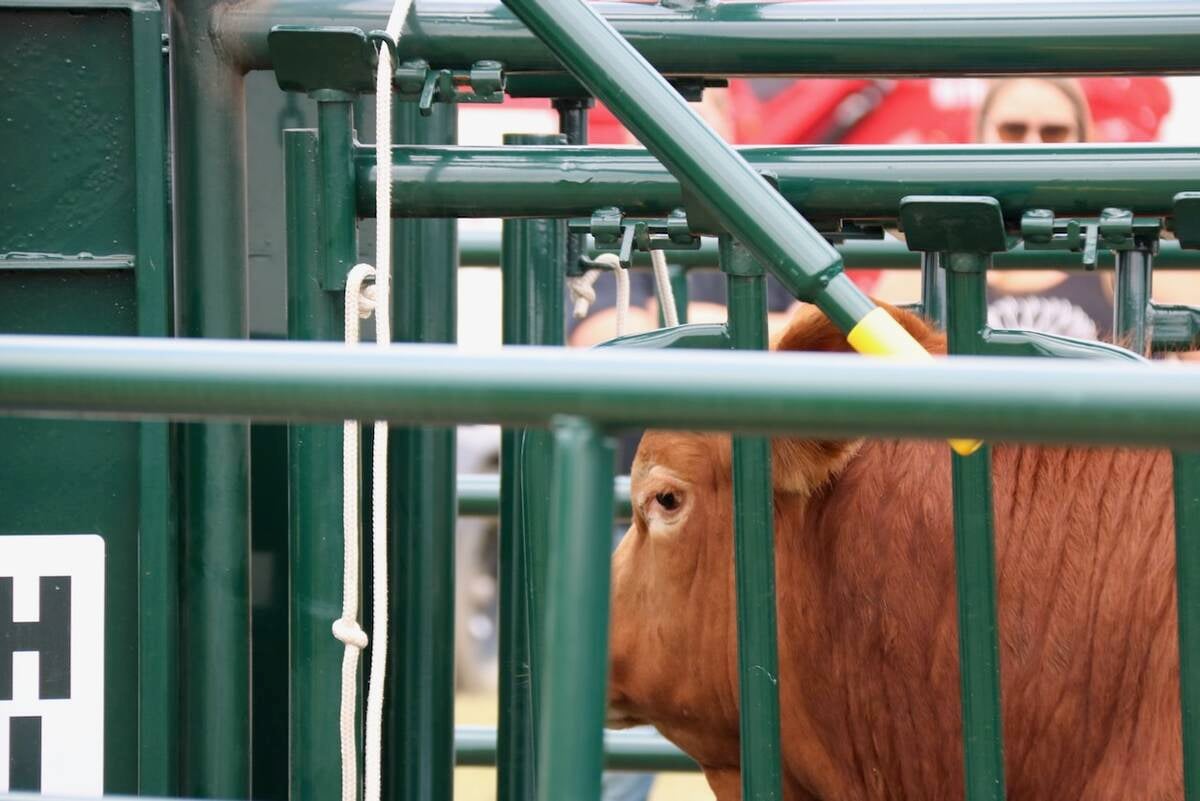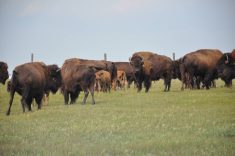Experience is less important in a cattle feedlot worker than a willingness to learn new skills, says Ryan Thompson of Border Line Feeders in Ceylon, Sask.
As a manager, he looks for workers who are eager to learn, looking for long-term employment and have interests outside of work.
“People working there need to be part of the community, need to work well with others and can’t work in a bubble,” he said during a panel discussion on cattle feeding at the Saskatchewan Beef Symposium in Saskatoon Feb. 7.
Read Also

Good handling equipment a must on cattle operations
It’s important for the safety of producers and everyone else dealing with their stock that handling equipment is functional and safe.
Thompson said workers need to spend time with one another, learn what each does within the business and understand the overall goals and objectives.
“If everyone understands what you need from the others, it flows more smoothly,” said Thompson, who manages a 7,500 head capacity community feedlot with 4,000 shareholders and 10 employees.
He also advised setting high expectations for workers.
“They need to know what they’re trying to achieve,” Thompson said. “Then they know what to do to get there.”
He advised offering incentives and bonuses such as shares in the company to increase job satisfaction and a sense of belonging and provide long-term security through shared cost pension plans.
“That way they feel part of the team and they ultimately are working for themselves,” he said.
Robyn Rouse of Delisle appreciated hearing from employers who care about her career goals but conceded it is the exception rather than the rule in her past experiences riding and roping animals for a living.
“Before there was an attitude if you don’t like it you can move on,” she said, noting wages often don’t match the quality and quantity of work. It’s also difficult to gain respect as a woman in a male dominated business.
Today a tightened job market and scarcity of good farm and ranch help are starting to change that, she said.
Rouse, who aspires to take on a management role one day, begins a job interview by asking for the company’s mission statement, which shows her if it has a business organization, vision and a concern for the environment.
“I’m not in it for the money, I’m in it because my heart’s in it and I love what you do,” said Rouse, who raises cattle on her family farm while working part time at Saskatoon Livestock Sales.
“My peace of heaven every day is getting on top of a horse behind the calf; that’s what makes me happy.”














